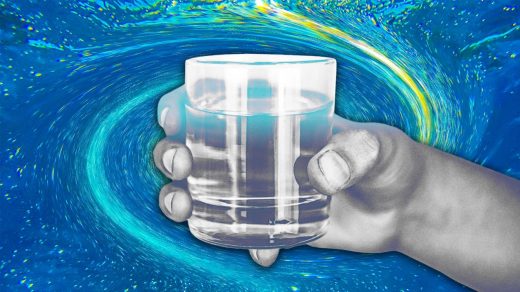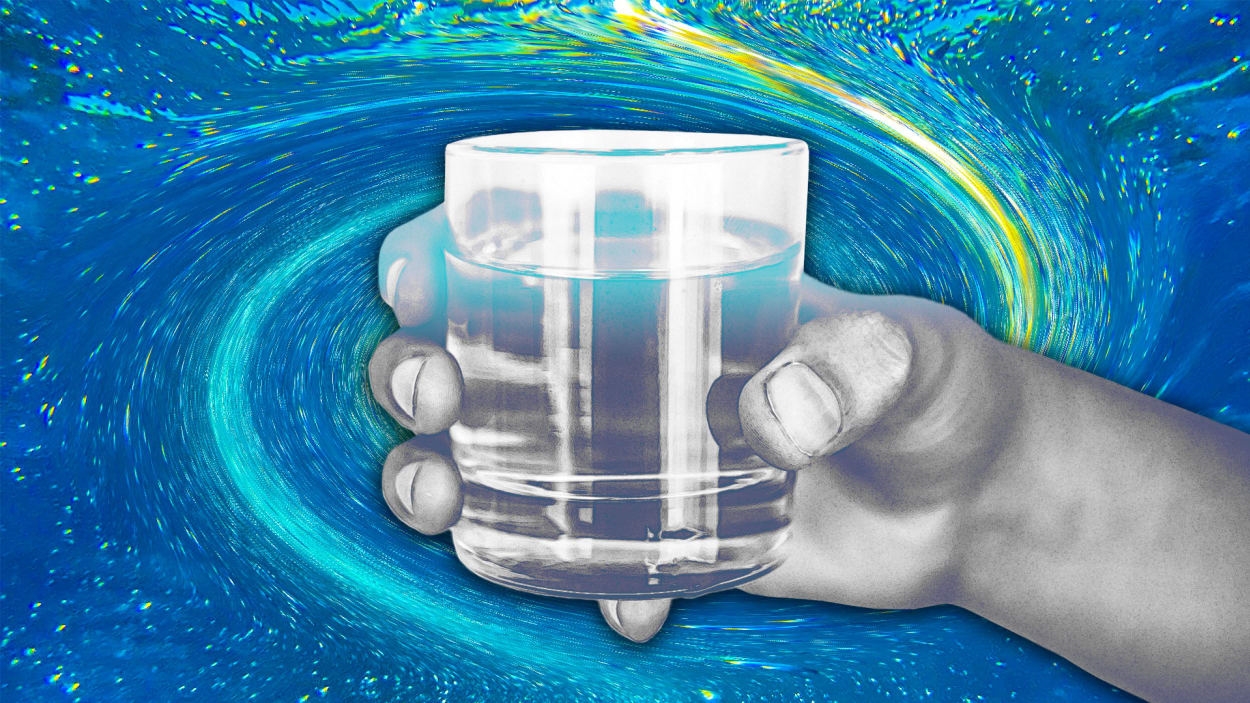Air Water Company, formerly known as Eshara Water, will trade on the NYSE after SPAC merger
By Sam Becker
Water scarcity is a big and growing problem. As many as 2.3 billion people live in water-stressed countries, according to the United Nations, and for many of them, there isn’t an easy solution to creating access to fresh, clean water. Importing water from other areas causes other problems, too—for instance, as there are geographic, political, and environmental concerns at play.
Though there’s no obvious solution to the water crisis, one company is bringing its desert-tested methods to the United States and other parts of the globe, as well as to the New York Stock Exchange.
Abu Dhabi-based-based Air Water Company, formerly known as Eshara Water, which uses “direct air-to-water technology” to produce clean, fresh water from the air utilizing dehumidification mechanics, is going public via a $300 million SPAC transaction with Athena Technology Acquisition Corp, the companies announced late last week. Air Water is expected to trade on the NYSE, although a listing date hasn’t yet been announced. Athena currently trades under the ticker symbol ATEK.
Air Water’s technology allows for fresh drinking water to be created out of thin air—something that is likely to turn heads in many regions. For water-scarce areas, the only real means of fresh water production (aside from hoping for rain) are tapping into groundwater reservoirs, desalination, or extracting it from the air through dehumidification.
“We extract humidity from the air and produce high-quality filtered drinking water from that,” Alex Guy, Air Water’s chairman and CEO, told Fast Company. “We can do it in an indoor or outdoor environment . . . it’s all about taking the source of water to where it’s needed.”
And it’s becoming increasingly needed all around the globe, spurred on by changing climate dynamics.
Guy believes the market opportunity is enormous as Air Water has found a “significant appetite in the UAE for air-to-water tech from big companies and governments.” As such, the company is looking to go global: “We’ve had a significant amount of appetite to take this to a wider market outside the UAE,” Guy says. And “air-to-water tech can have rapid uptake globally—for us, it’s about scaling as fast as possible to satisfy demand.”
Building on a century-old technology
Guy explains that while dehumidification is the main process utilized by his company—which isn’t new, as dehumidification was invented alongside the air conditioner more than 120 years ago—“how you manage and dispense that water is where new technology is required,” he says.
As such, his company’s found a way to “extract the maximum amount of water while using the minimum amount of electricity to do it,” thereby creating a sustainable, less-resource-intensive solution. It also allows for the use of glass or reusable containers, which can help cut down on the massive amount of plastic water bottle pollution clogging up waterways and oceans.
While there are obvious use cases on a broad scale for countries and big businesses, the Air Water Company’s products can be used by massive buildings, like hotels, or as countertop drinking water generation tools in people’s kitchens. Guy hopes that his company’s products will be available to consumers in the United States by the end of 2023, if not sooner, with a goal of “being cheaper than bottled water.”
The company’s technology and ability to reach consumers of all sizes is what also made it attractive to investors, like Athena Technology, an all-women SPAC founded by Isabelle Freidheim, who is also the firm’s CEO. Freidheim said Air Water ticked all the boxes that she and her partners look for when considering investments.
“Our investors are interested in companies that solve significant challenges that exist in our environment, and also innovative companies that can be a category leader,” she says. “There’s an opportunity for this company to be a category leader. The opportunity here is to build a brand around it.”
Correction: An earlier version of this story misstated where the company is based. It’s in Abu Dhabi, not Dubai.
(21)



